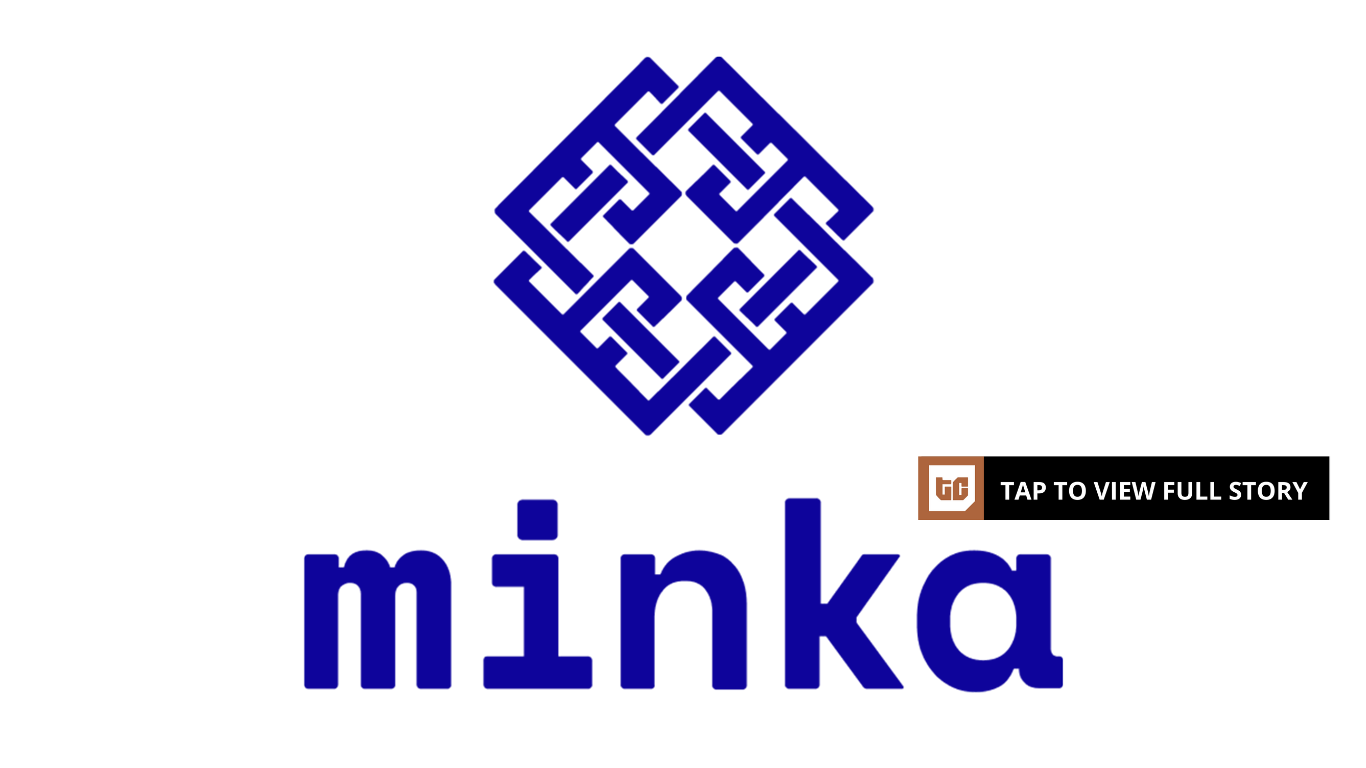In recent years, a handful of Latin American fintechs have made inroads into Africa to tap into its growing digital payments market. The latest entrant is Minka, a Colombian fintech backed by Tiger Global. Minka builds payment networks that allow people to send money between participating banks and other financial institutions.
On Tuesday, Minka launched in East Africa, setting shop in Kenya, Tanzania, Uganda, and Ethiopia. The company plans to expand to Mozambique, Zambia, and Malawi in Southern Africa.
Minka’s arrival in East Africa follows a trend of Latin American fintech companies expanding into Africa. In 2022, EBANX launched in 11 African countries. Two years earlier, Uruguay’s dLocal launched in West Africa and Kenya. The expansion makes sense because both regions have similar challenges—over 350 million African adults lack access to financial institutions and rely solely on cash transactions.
“We are solving these problems across the LatAm region and now want to bring these advantages to the people of East Africa,” the company said in a statement to TechCabal.
Minka sees “some real synergies between the work we are doing in Latin America and the issues that are being faced in East Africa,” the company’s growth lead Alexander Perko, told TechCabal. These similarities include high levels of financial exclusion, with eight out of the bottom ten ranked markets for overall financial inclusion located in Latin America and sub-Saharan Africa, and heavy reliance on cash transactions with large informal sectors.
Minka’s business model is quite straightforward; it uses in-house financial protocols to speed up money transfers between banks and other financial institutions; by creating a common language for different payment systems to communicate, eliminating the need for complex reconciliations.
“There are around 2,000 separate payment networks globally, with only 3% being interoperable,” Perko clarified.
From Latin America to Africa
Fintechs like Minka, EBANX, and dLocal offer a platform for Africans who want to buy global products but can’t, considering some global merchants do not accept their preferred payment methods, such as mobile money or cash. The fintechs offer a solution by letting global merchants accept local African payments.
Like Africa, LatAm also has some financial inclusion gaps: 58% of people in the region have access to credit cards, but fewer (3 in 10) have access to other financial products like loans or investments. Per a report by the World Economic Forum, this gap widens for low-income (59% with bank accounts) and rural areas (40% with bank accounts).
With over 1,500 registered fintech startups and friendly regulations and collaboration, Latin America has already made more progress with digital payments, so these companies claim they can use that experience to help Africa do the same. They also have relationships with global merchants that they can leverage to enter new African markets.



